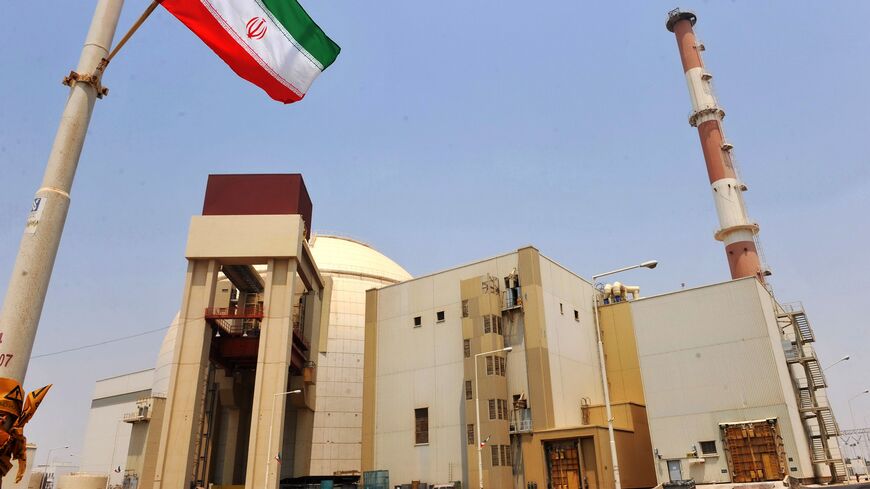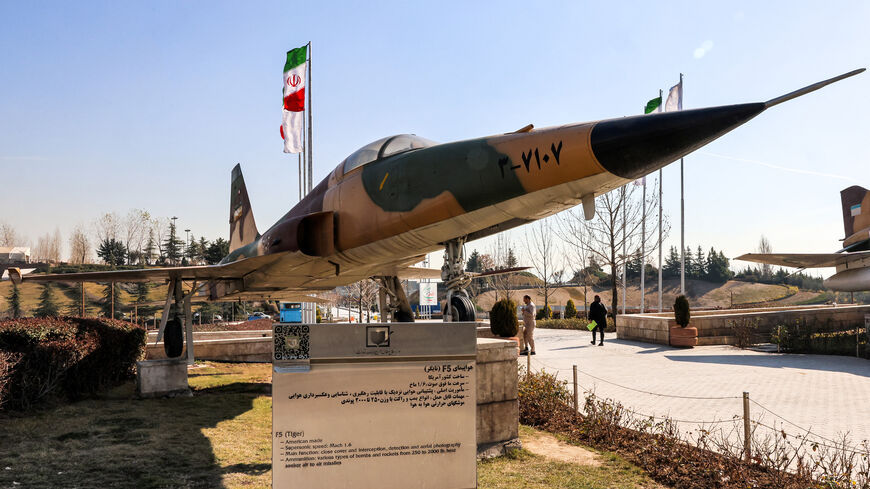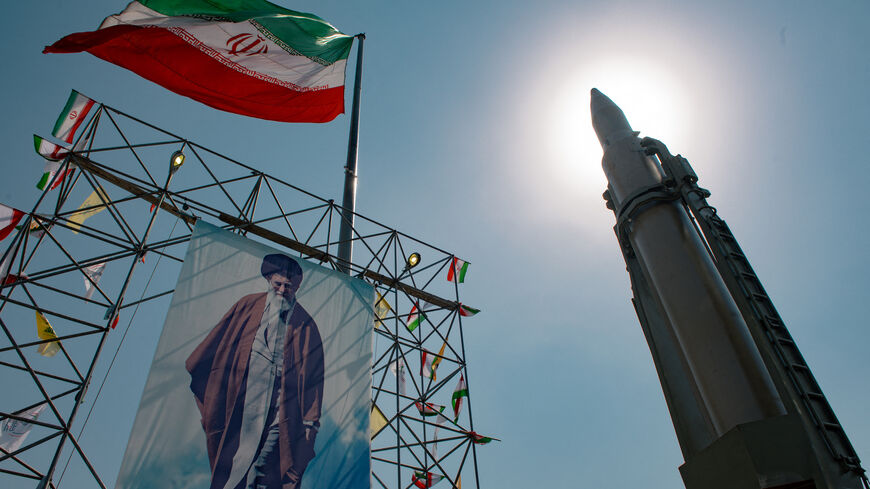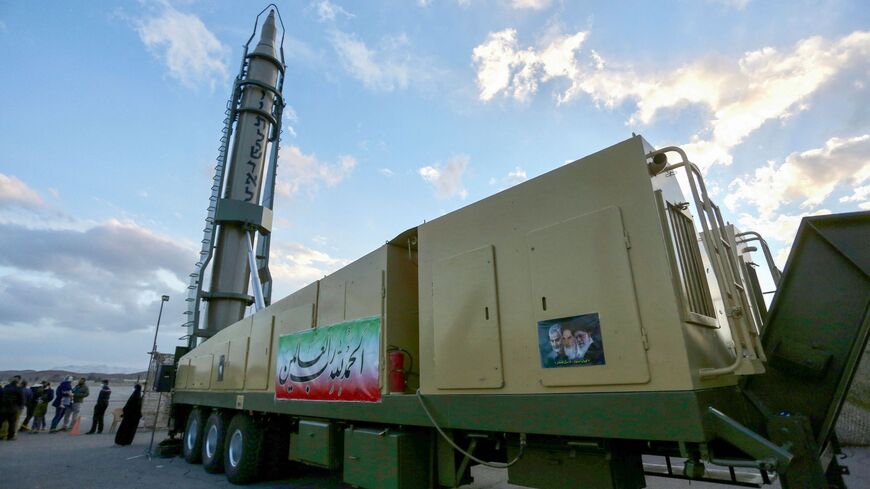Iran warns it will change ‘nuclear doctrine’ if threatened by Israel
The remarks come less than a month after an unprecedented Iranian drone attack in Israel and apparent retaliatory strikes in Iran’s Isfahan.
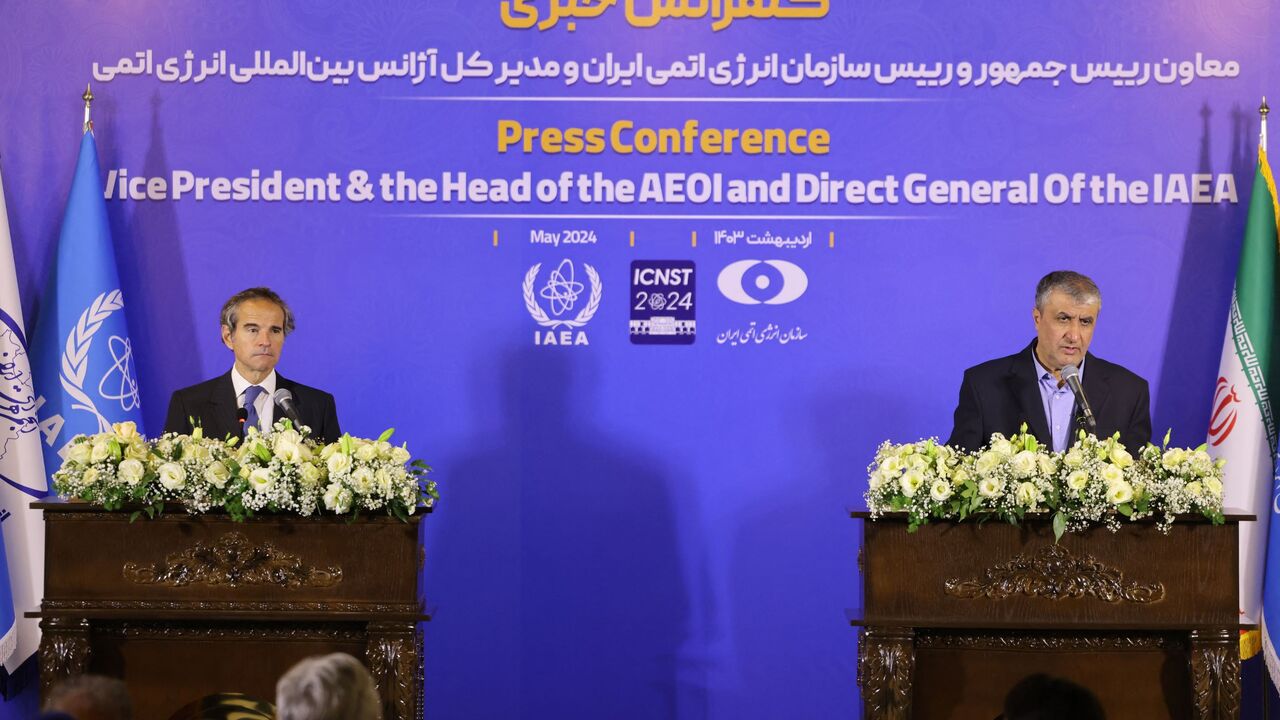
Iran is ready to change its nuclear doctrine if it is threatened by Israel, an adviser to its supreme leader warned on Thursday, raising renewed concerns about the Islamic Republic’s nuclear program as tensions in the Middle East grow.
“We have no decision to build a nuclear bomb but should Iran's existence be threatened, there will be no choice but to change our military doctrine,” Kamal Kharrazi, who heads the Strategic Council for Foreign Relations, said in an interview with Al Jazeera Mubasher television network on Thursday.
In response to a question about what Iran would do if its nuclear facilities are attacked, Kharrazi, who also served as foreign minister from 1997 to 2005, said he announced two years ago that Iran has the capacity to produce a nuclear bomb and is still capable of doing so today.
“If the Zionist regime dares to damage Iran’s nuclear facilities, our deterrence will be different,” he added.
Iran and Israel have been engaged in decades of shadow war. The tensions threatened to snowball into an open confrontation between the two countries last month after Iran's Islamic Revolutionary Guard Corps launched an unprecedented attack on Israel, firing hundreds of drones in retaliation for a suspected Israeli strike on the Iranian consulate in Damascus that killed at least seven people, including two IRGC commanders.
While Israel says most of the drones and missiles were intercepted, the incident marked the first direct attack by Iran on Israeli territory, raising concerns of a wider regional conflict.
Days later, suspected Israeli strikes were reported near the central city of Isfahan, which is home to key military and nuclear facilities. Israel did not officially comment on the attack and Iranian officials also downplayed the incident, claiming that small drones were downed by air defenses near an airbase in the city.
The attacks raised concerns of a full-blown regional war that could see the use of nuclear weapons as the Israel-Hamas war in the Gaza Strip continues to reverberate across the region.
Israel is believed to have a large nuclear arsenal of 90 nuclear warheads and over 200 fissile material stockpiles, according to the Stockholm International Peace Research Institute’s data.
While Iran has yet to develop nuclear weapons, it has a nuclear program that has been under scrutiny by the United Nations, United States and its partners for years despite Iranian assurances that it is for non-military purposes.
Supreme Leader Ayatollah Ali Khamenei issued a fatwa in 2003 banning the production of nuclear weapons.
Upon his return from a trip to Tehran this week, International Atomic Energy Agency chief Rafael Grossi told reporters on Tuesday that no agreement has been reached to allow IAEA teams to monitor some of Iran’s nuclear facilities.
He said he called on Iranian officials to adopt “very practical and tangible measures that can be implemented in order to accelerate” cooperation.



